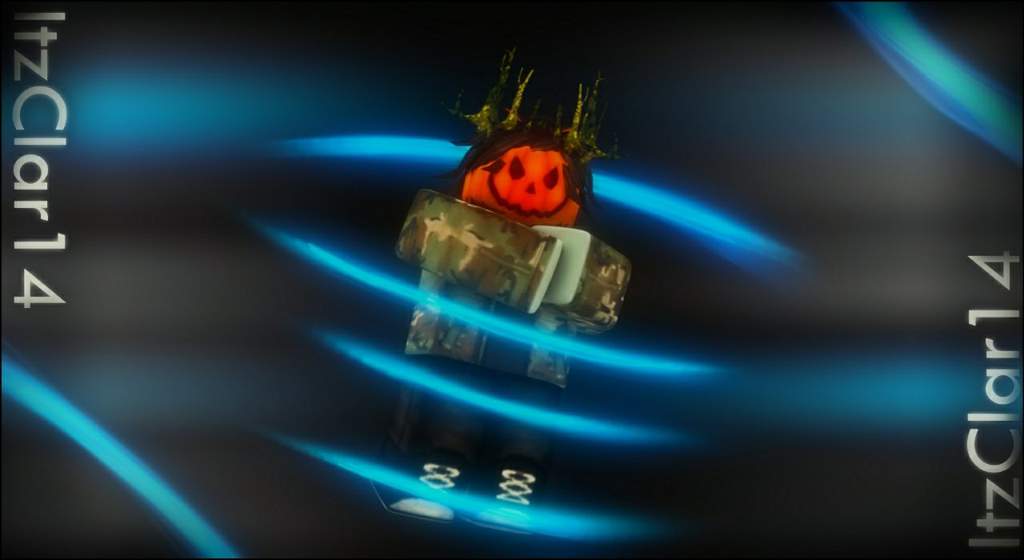
- Obby = Obstacle course and/or reference to a Roblox mini-game
- OOC = Outside of character; stepping out of the box of in-game role playing
- RAP = Recent Average Price
- Reee = Meant to mock someone over-reacting
- Salad Hair = Insult to Holiday Crown Avatars
- Slender = References thin and tall Avatar types
- UUC = Trade scamming
What is the full meaning of OC?
oc In its street usage, OC generally means ‘free’. At the East India Company, postal couriers sent by employees for company related work used to be categorized as ‘On Company Service’ or OCS.
What does "OC" mean on a work schedule?
This special schedule collected the following information, organized by column number:
- Date of enumeration
- Sheet number of person's corresponding population schedule entry
- Line number of person's corresponding population schedule entry
- Name
- Does this person usually work at a gainful occupation?
- Does this person usually have a job of any kind?
What to do in the OC?
What to Do This Weekend in OC
- Explore A New Beach. The beaches are open and there is no shortage of shoreline here in Orange County. ...
- Take A New Trail. Whether you’re looking for an easy stroll along a paved path or a difficult hike into the backcountry, OC’s got it.
- Spend the Day at Irvine Regional Park. ...
- Fishing at Irvine Lake. ...
- Make A Splash In The Harbor. ...
What does the acronym OC mean?
What does OC mean? OC is a popular internet acronym, with several different meanings, depending on the context. In most cases, especially online, “OC” means “Original Content”. Another popular sense for the abbreviation is “Of Course” used in texting. Alternatively, it may also mean “Original Character” when talking about the ...

What does my OC mean?
OC stands for both “original content” and “original character.” These two definitions are fairly distinct, and you can often infer which is being used based on where on the internet you are.
What does OC mean in roleplay?
OC stands for Original Character; this is an imaginary person or thing that the player has made and pretends to be when they play. 2.
What does OOC mean in Roblox?
out of characterOOC/ooc means “out of character.” When you're speaking OOC, it means that you're not actually making a post for your roleplay; you're speaking directly to your partner(s). OOC is usually represented in several ways: ((I'm out of character.)) [[I'm out of character.]] OOC: I'm out of character.
What does OC mean in Gacha?
OC stands for Original Character and a Gacha Club OC means an original character that has been designed inside Gacha Club.
What is an OC character?
OC. An "original character" created by the author, they may be a totally made up character or based on a living person. OC's are a creative way of expanding a fandom bringing their writer's own personal touch on a fandom. OC's give a reader a little insight into someone's imagination and can be amazing #StandUpForOCs.
What is an OC in a fanfic?
A character created by a fanfic author or roleplayer. Said created character does not belong to the canon cast but is inserted anyway for entertainment. Many OCs appear as long-lost family members, past lovers, or exchange students. These background stories provide alibis for the sudden appearance and previous absences of the OC.
Logical
The logical operators for articles/Conditional Statements in Lua|conditional statements are and, or, and not. These operators consider both false and nil as “false” and anything else as “true.”
Relational
Relational operators compare two parameters and return a articles/Boolean|boolean true or false.
Arithmetic
Lua supports the usual binary operators along with exponentiation, modulus, and unary negation.

Popular Posts:
- 1. how to hack players on roblox
- 2. how to move sideways in roblox
- 3. what can you play roblox on
- 4. why is my roblox not able to update
- 5. how to download roblox on oculus quest 2 without pc
- 6. how do u escape granny in roblox
- 7. can't decide live or die roblox id code
- 8. how to play with friends on roblox mobile
- 9. how to pm in roblox
- 10. how do people make money on roblox